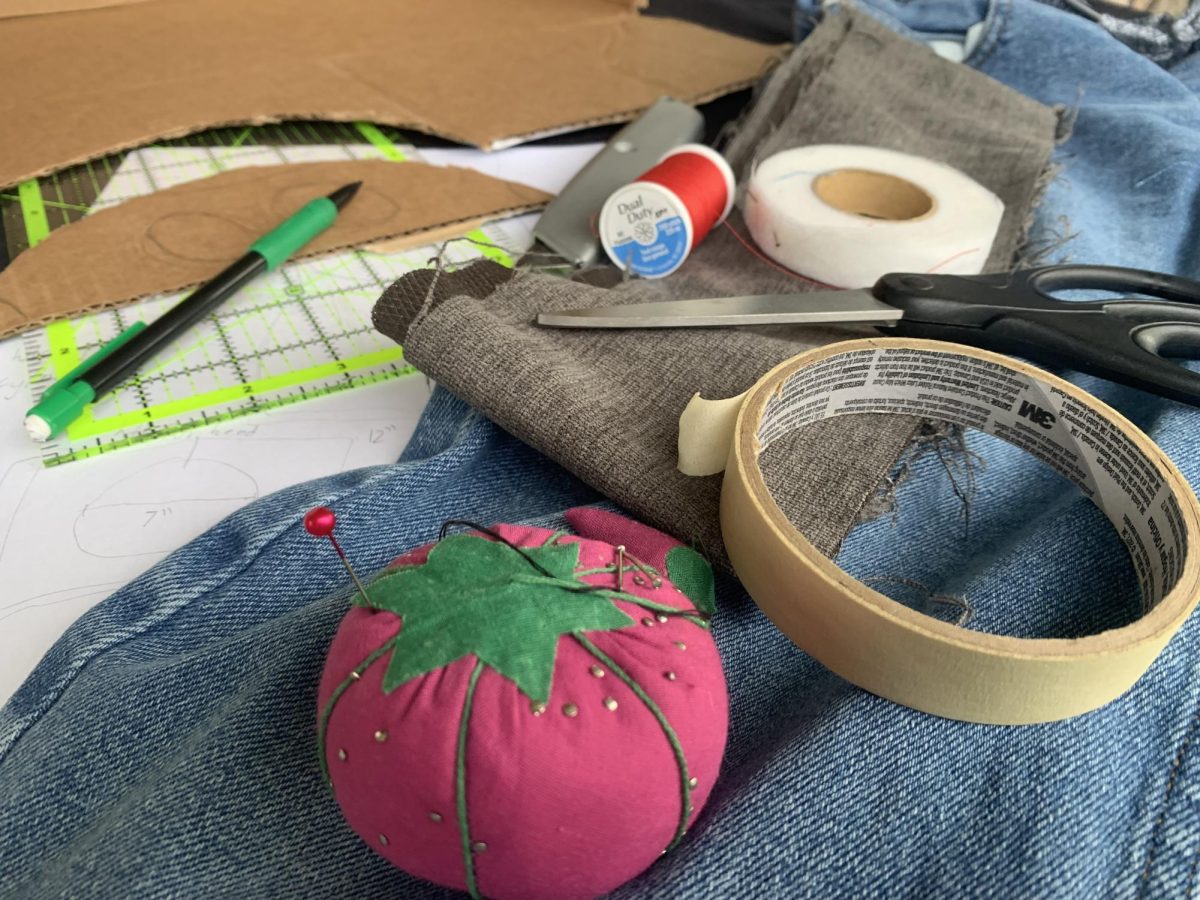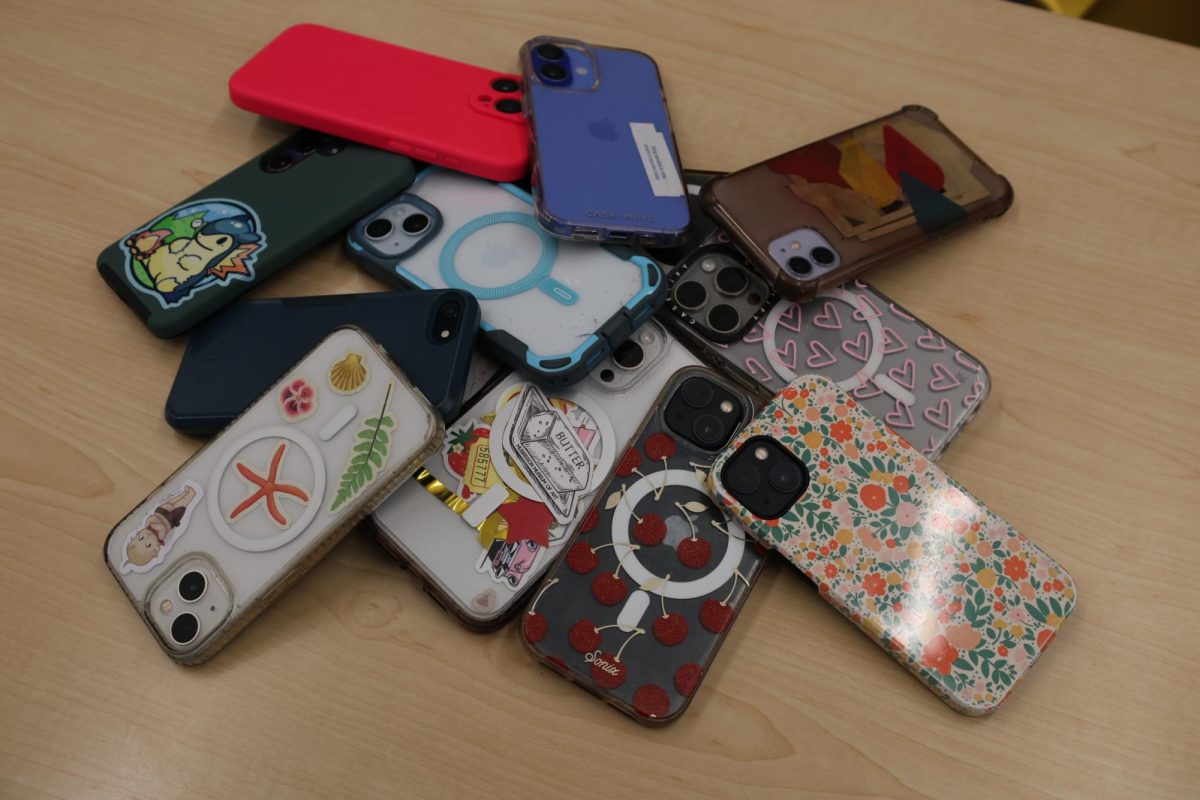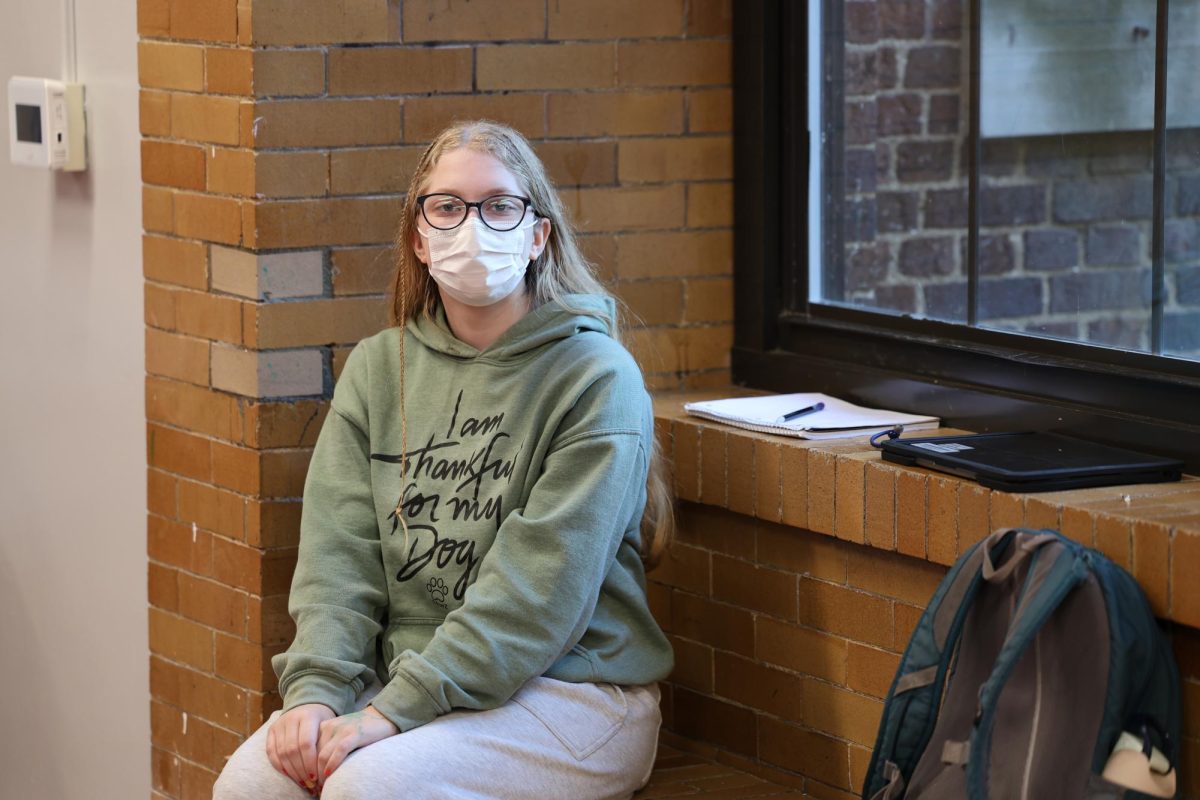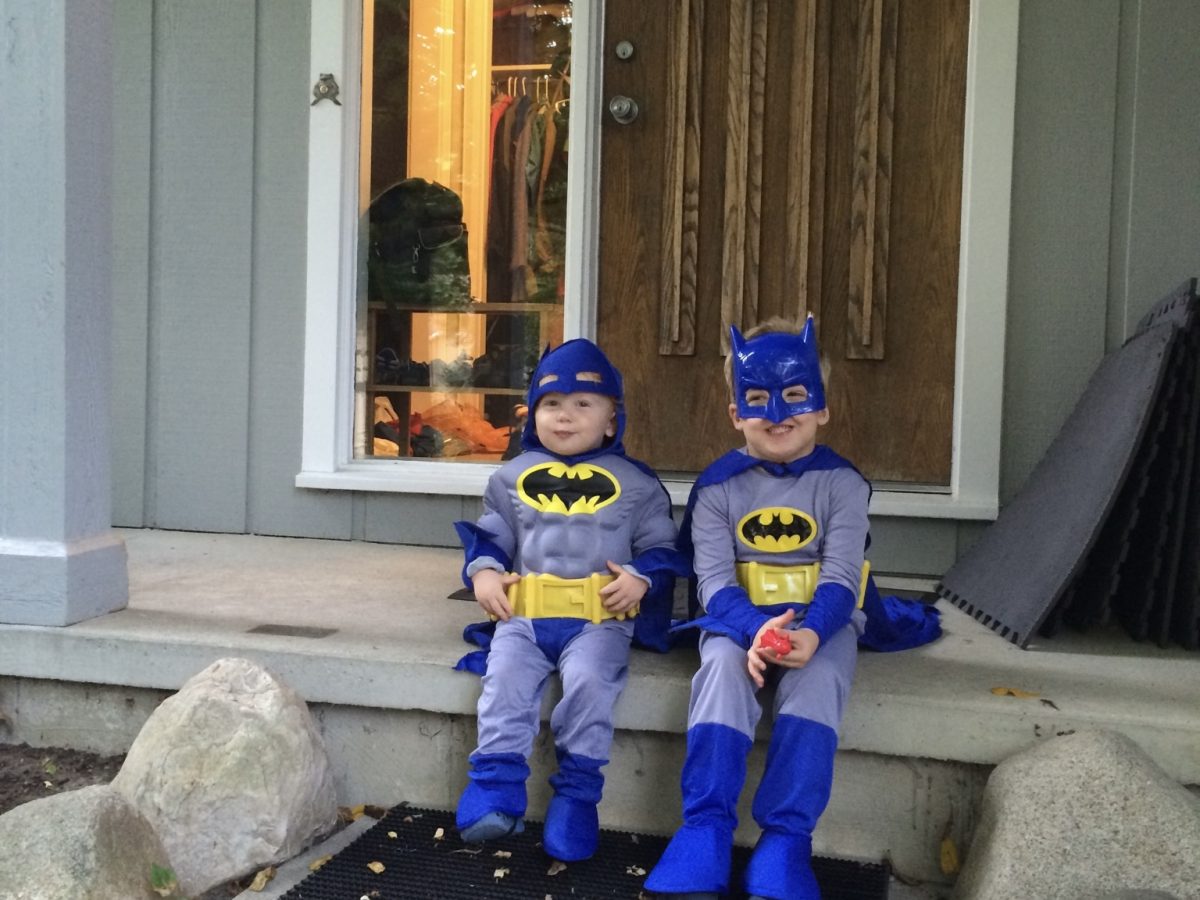For years, “sorry” was my reflex: my way of shrinking myself to fit others’ expectations. I was constantly second-guessing everything I said and fearing what others might say in response. To avoid judgment, I would immediately apologize for whatever I may have said. My remark could be completely harmless, yet I felt the desperate need to apologize.
When I said sorry, people usually responded, “You’re good.” My shoulders would drop, and I would feel a ginormous weight lifted off me — people’s judgment. Having my apology approved provided me with an unhealthy amount of comfort. This pattern continued for years, truly going unnoticed, until I started experiencing it with others.
My compulsion, which in my eyes was unique, wasn’t going anywhere. Until I was in social situations and heard people doing the exact same thing I did: they too were saying “sorry” for something they shouldn’t feel sorry about. We were one and the same, and yet I found myself growing irritated when I witnessed the obsessive apologies of others.
Why should they feel sorry for simply speaking up? Why should I feel sorry?
I realized I didn’t want to be sorry for my genuine self. The act itself was tiresome and weighed on me consistently. I wanted to be unapologetic, or at least come close to it. I wasn’t going to be sorry anymore for laughing loudly, expressing myself or trying my best. Being unapologetic meant speaking my truth. It meant being proud of what I had to say and knowing I was enough.
I no longer had to be sorry for being Luca.
I knew this habit had been ongoing for quite some time, and that it wouldn’t be impossible to overcome. This compulsion would probably always be there, but my awareness helped limit it, slowly taking away its power. I spent time assessing when it was appropriate to apologize: when I disrespected someone, when I messed up or when I truly needed forgiveness. I decided to stop apologizing for things that weren’t harmful — such as speaking my mind or asking for help.
These changes came with a variety of different reactions. Some were shocked by my lack of apology. “What do you mean you weren’t sorry for asking a question?” How shameful of someone to ask for guidance. Yet, I felt truthful; I wasn’t lying anymore about how I felt. People were starting to see a side of myself that was genuine.
I wasn’t going to live in constant fear of upsetting someone.










